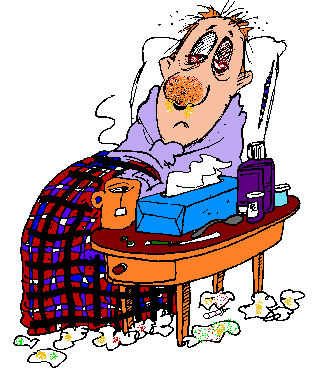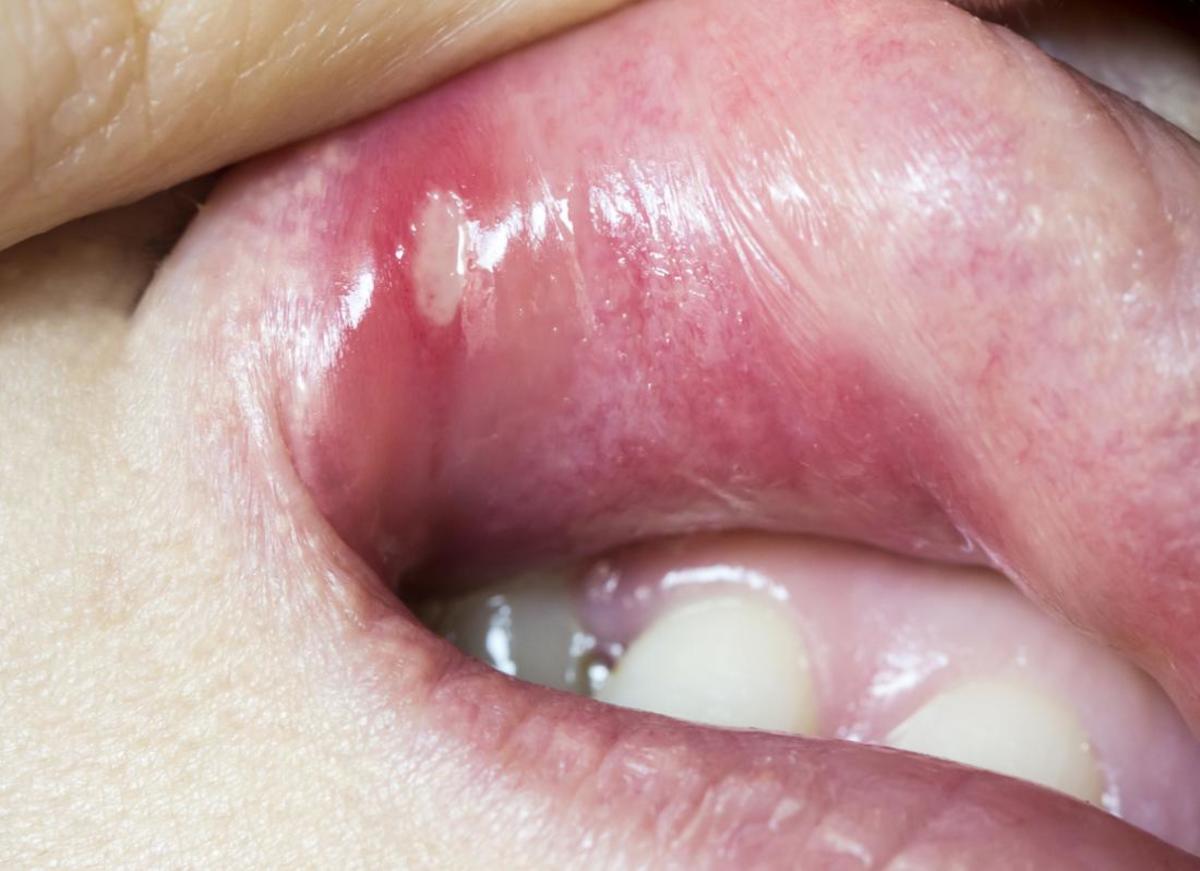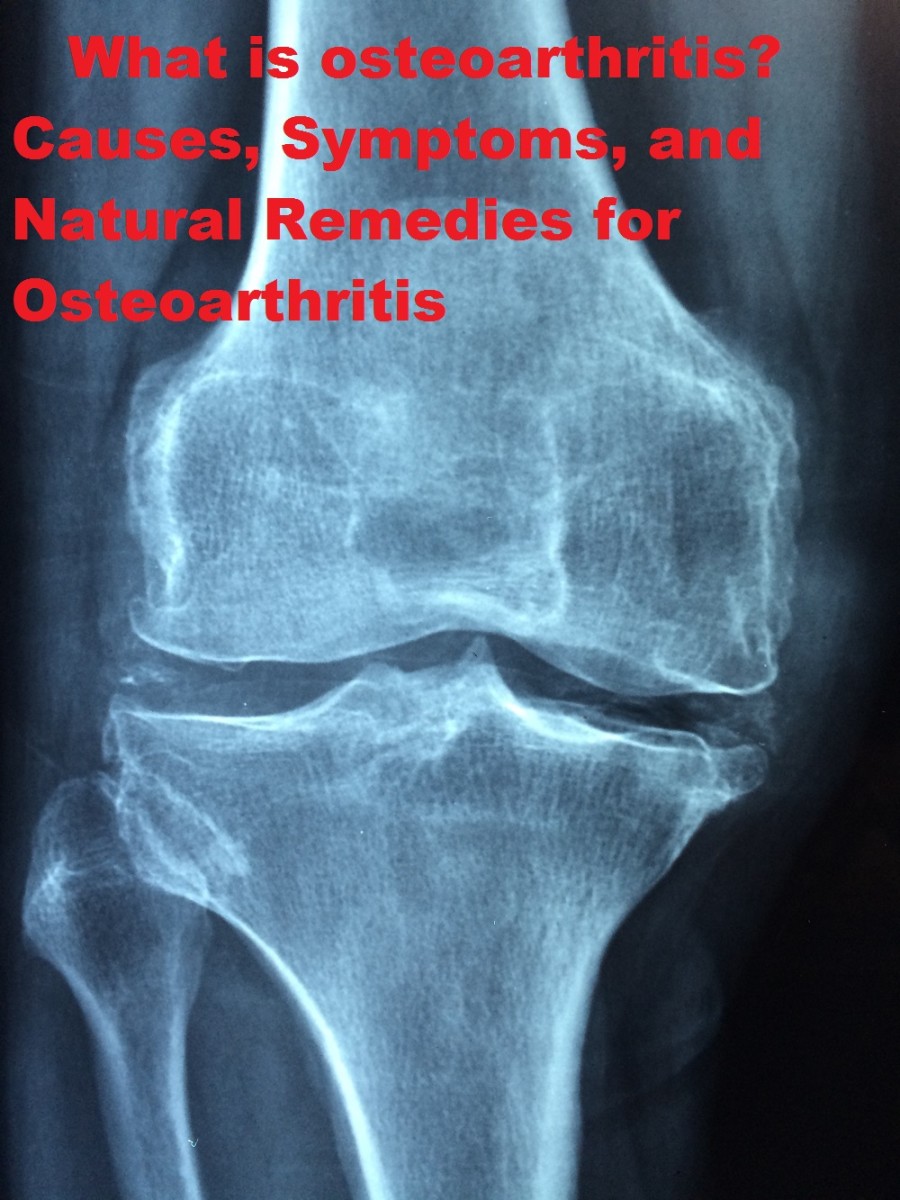Common Cold Remedies: Simple Tips To Help Relieve The Discomfort Of The Common Cold
No matter how religiously we take Vitamin C, how often we wash our hands, or how hard we try to avoid sick co-workers, we always manage to come down with at least one cold every year. The common cold is a fact of life for most people. But even though it's so common, a lot of us still aren't quite sure what to do when we've got one.

The moment we have determined that we have a cold, the first thing to remember is that no doctor can give us a drug to "cure" it, because there is no drug that can "cure" the common cold. The only think doctors can do is prescribe medicines that will relieve the symptoms of the common cold and make us feel a little better until the cold runs its course, which is usually about three days.
In the meantime, here are some simple tips that we can follow to help relieve the discomfort of the common cold:
- Drink plenty of liquids - about eight to ten glasses of non-alcoholic liquids each day. Warm or hot beverages like herbal tea or hot cocoa are often more soothing than cold beverages since they unclog the nasal passages, but try to drink as much water as you can in addition to your other liquids.
- Stop smoking. Your body is trying to get rid of your cold, and smoking slows down that process by decreasing the ability of the cells in the lungs to keep the air passages clear and clean.
- If you have a runny nose, try to stay calm and just put up with it. A runny nose is your body's natural way of flushing out the virus that caused your cold in the first place, so be happy and visualize the virus dripping out of your nose and out of your body. Keep a box of tissues beside you and try not to take any medicines that will stop your nose from running. Let your body do its job.
- If you have a stuffed-up nose, try an over-the-counter nasal decongestant to "unstuff" your nose. This will help you breathe a little easier.
- The best way to treat a fever is to drink lots of fluids and get plenty of rest. A fever is a sign that your body is fighting off the sickness. Unfortunately, a high fever can be very dangerous, so take some aspirin or paracetamol (a.k.a. acetaminophen) if you need to bring your fever down.
- If you have a "productive" cough, meaning you are coughing up phlegm, try to let it take its course. A productive cough is your body's way of cleaning out any fluids, mucus or other unwanted substances in the lungs caused by the cold.
- Drinking warm liquids or eating warm soup will help the lungs do their job since the warm moisture loosens the mucus and makes it easier for your lungs to cough it up. Expectorant cough medicines will help speed up the process of coughing up the phlegm and mucus as well.
- Try standing in a hot shower or even sitting in the bathroom while someone else takes a hot shower. The steam will help loosen the mucus in your lungs.
- If you have a "dry" cough, meaning you are not coughing up any phlegm or mucus, you might need to use an over-the-counter cough suppressant (a.k.a. antitussive) to help stop the coughing. And drink plenty of liquids to keep your lungs and throat from becoming dry and irritated.
- To soothe sore throats, try drinking warm liquids or warm soup broth.
When To Call Your Doctor
The tips above can help you ease the discomfort of the common cold. But if you start to experience any of the following, call your doctor immediately:
- If your fever goes over 103 degrees Fahrenheit or
39.4 degrees Celsius. Extremely high body temperatures can cause seizures and even brain damage especially in children.
- If you have a fever of 100 degrees Fahrenheit / 37.8 degrees Celsius or more for more than four straight days, you could be dealing with something more serious than a common cold
- If you experience sharp pains in your chest when you cough or take deep breaths.
- If you have pus, which look like white or yellow spots, on the back of your throat or tonsils. You might be dealing with a strep throat and not just the common cold.
- If you have swollen or painful glands or bumps in front of your neck or under your jawbone along with a sore throat.
- If you cough up blood.









